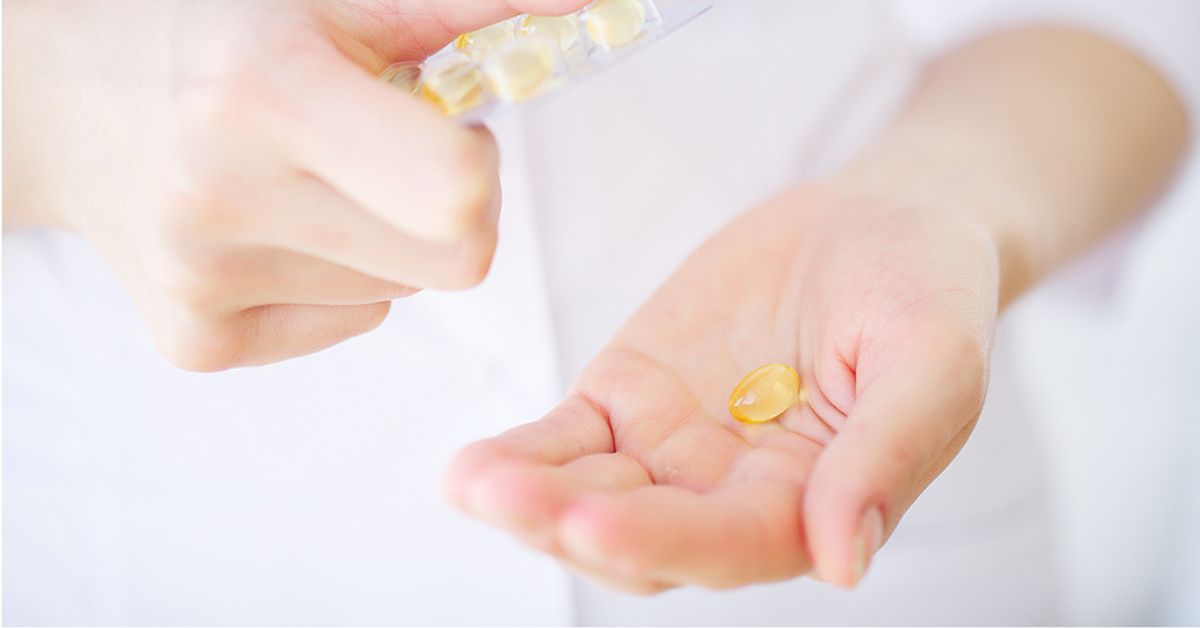WHY is protein so important? This is what I needed to concretely understand to have the confidence to eat more of it.
Why Protein is Important. REALLY understanding WHY it is important is the piece of information that helped me to:
- Include it in my diet regularly and then make it my focus and
- recommend it to my clients.
It sounds so basic, I mean we all hear that protein is important but until I was able to connect its importance to my body’s ability to repair, sustain my energy and improve health span my Protein was a hit or miss part of my diet.
Mostly because I was afraid of eating too much of it.
This is post 1 of the 3: Protein Post Series
Post Outline:
- Why Protein is important for EVERY Health/Wellness/Fitness goal you have.
- How does Protein provide so much benefit?
- Research to build confidence that eating more protein is good.
- What kind should we eat and why.
Protein was something I was totally convinced I should be worried about eating.
Then, when I was around 37 or so, I slowly shifted to including it back into my diet.
As I became comfortable with its inclusion, I designed my nutrition around it more and more.
The decision to include Protein is now over two and half decades ago, and the worry and fear have been replaced with awe…Here’s what I learned about protein.
Protein is essential when you’d like to improve things like your:
- Sleep
- Mood
- Skin, Hair, Nails
- Cravings
- Metabolism
- Healing
- Strength
- Energy
This is a partial list of its benefits.
High-quality complete proteins support every metabolic process.
This is because all the parts of a complete protein (called amino acids) are needed and used by our body’s CELLS.

The Bottom Line:
High-Quality Complete Protein-
- Provides cells with the essential building blocks.
- Optimizes the cell’s ability to do its job(s).
- Protects cells from damage.
It does all this by supporting our MANY cellular and molecular processes.
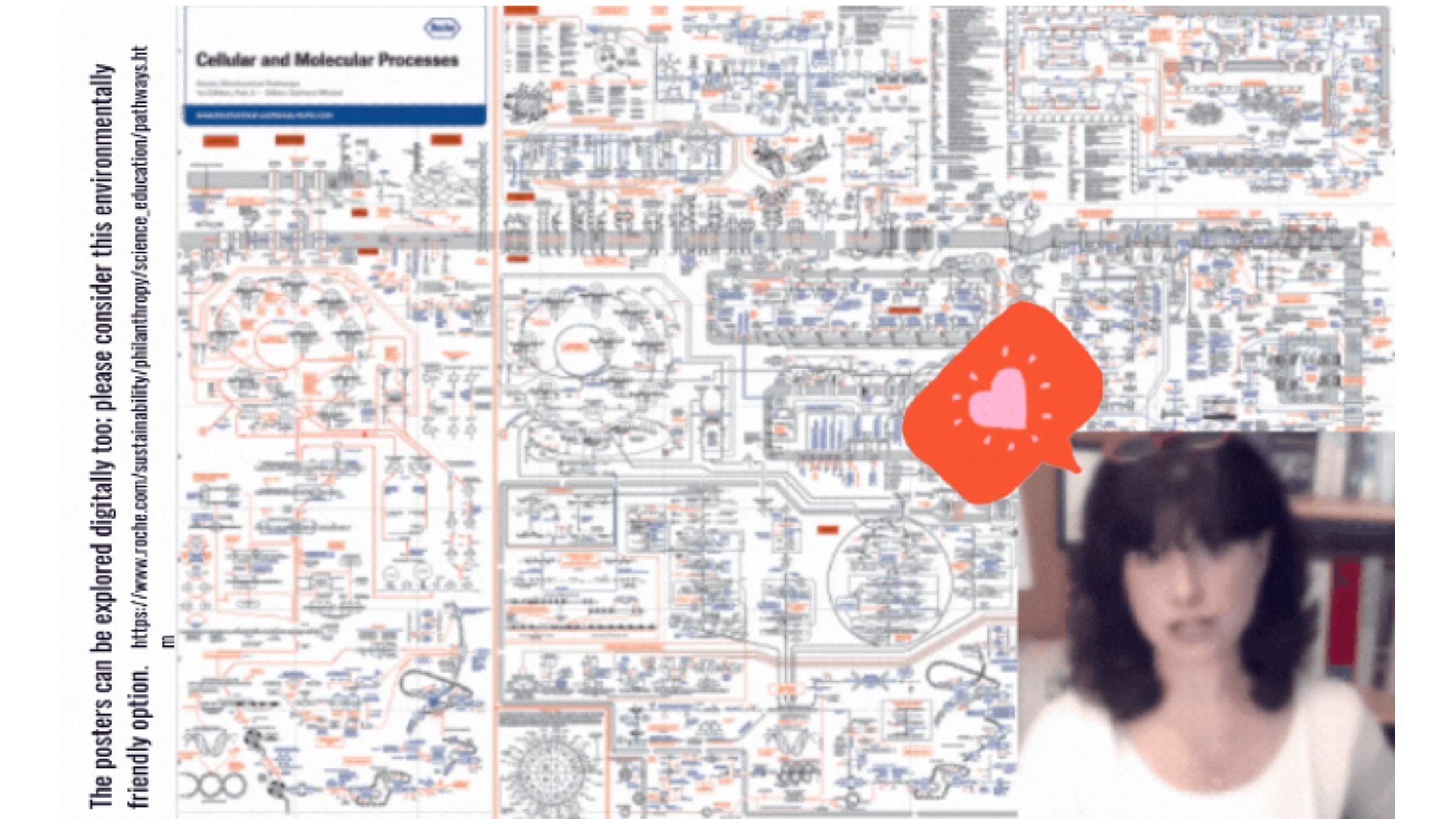
These cellular and molecular processes keep us alive!
Do you know what makes these processes possible? Proteins.
At any given moment, you are using tens of thousands of proteins to make what is shown in the chart happen.
It’s not an exaggeration when we say the building blocks we get from protein are working to keep us alive.
Some Jobs of Protein Include:
helping to digest foods. ——that’s imperative…..
they help you grow your hair, nails, bones, muscles…
are the reason your tissues and organs have shape and can move
provide building blocks that literally make up your body
and are the fuel giving you your energy.
All of which support our 1 GOAL, 1 FOCUS and Micro Decisions for The Simple Self Care Lifestyle.
THe simple self care lifestyle
Simplify
Types of Proteins You have That are Dependent on Protein You Eat
- – Enzymatic Proteins
- – Structural Proteins
- – Storage Proteins
- – Transport Proteins
- – Hormonal Proteins
- – Receptor Proteins
- – Contractile Proteins
- – Defense Proteins
And you know what this list of PROTEINS needs to exist?
Amino Acids (the Building Blocks) from Protein!
Cause that’s what they are made of.
Cool, isn’t it to know why the food protein is so important to us?
We Eat Proteins to Provide the ‘Pieces’ that Make Up Our Body’s Proteins.
This is why incorporating high-quality sources of protein worked wonders for my:
- sleep
- muscle mass
- energy
- mood, including anxiety that was creeping in.
- my skin, resolving adult acne – acne was never something I had as a kid or a teen then in my 30s, acne!
- nails
- menstrual cycle (then menopause experience)
- my thyroid, which of course, helped everything I’ve already listed.
Unbelievably when I look back, these are only a few of the body issues I was struggling with and looking for an answer to when I was in my mid and upper 30s!
And I was in the health field!
Once I started researching MACRO Nutrients and precisely what they provide our body, I was in awe.
I studied for years their impact on our cellular health. This in-depth understanding helped me embrace how crucial complete proteins are to every cellular and molecular process in our body.
It is what gave me the confidence to include it more and more without fear.
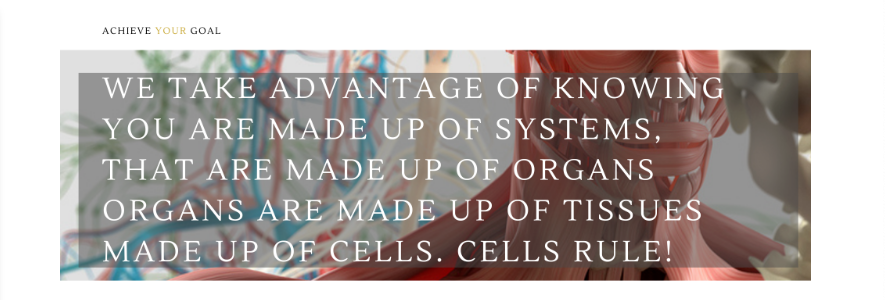
Complete Protein Support Every Cell
When we supply our CELLS with the essential raw materials they need, they can support every single system in our body. This is Core Concept 1 of Self Care:
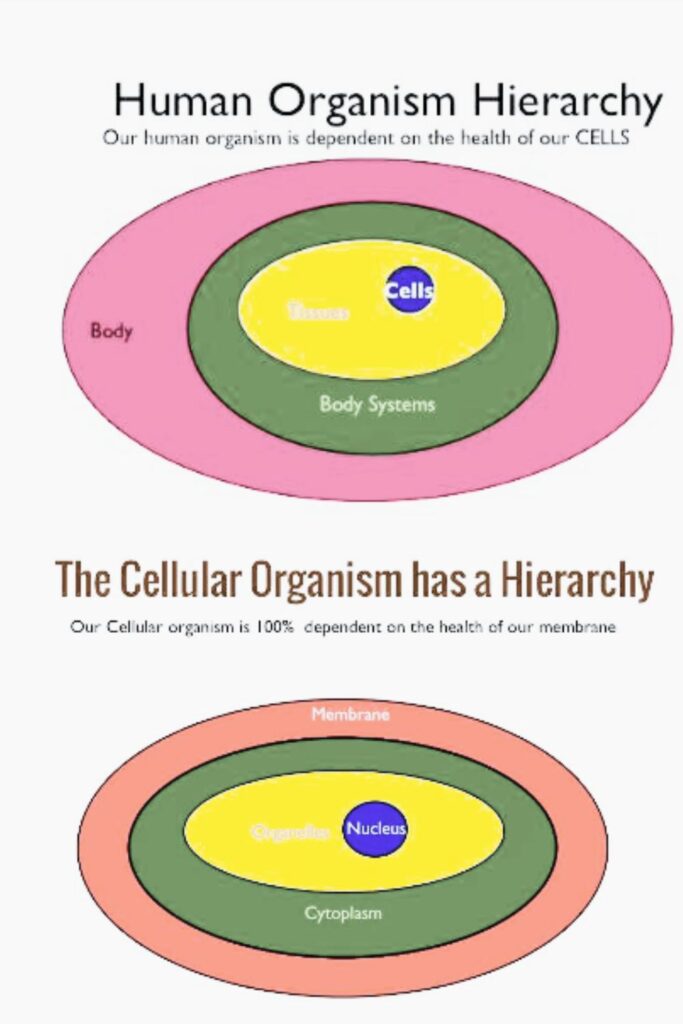
Our body has a hierarchy.
- Our Body is made up of Systems
- The Systems are made up of Tissues
- Tissues are made up of Cells.
- CELLS RULE!
When we P.O.P. (Provide, Optimize & Protect) our cells with essential nutrients, our entire body benefits exponentially.
mo
When it became clear that complete Protein Provides every amino acid that our cells need so they are at the ready for our cell to:
- function
- repair
- and replication
It makes sense why consuming it supports our abilities of:
- maintaining and building muscle more efficiently
- recovering faster from workouts or a health crisis
- more efficiently using excess fat storage
- improving glycemic control
- reducing cravings
- balancing hormones like cortisol better–helping you sleep better–when you sleep better, you feel better, you can see where I’m heading.
The incredible domino effect of simple, focused self-care works.
Pulling back from trying everyone’s plans’ diets’ was a relief. It was often overwhelming trying this and then that plan. Although there was work involved in figuring out what worked for me it was much more efficient in the long run.
Focusing FIRST on the inclusion of high-quality complete protein is what turned the tide for many, many clients and me.
Let’s look at some quotes from the Science research that we will leverage today to help bolster your confidence to include more and more complete protein.

Understanding the research is what built my confidence, and it was also helpful for hesitant clients.
I’ve included many quotes today to support those of you who may be experiencing apprehension, as I did.
If you’d like to explore the benefits of protein in more depth- multiple references and quotes I’ve pulled out from these resources are linked for you below.
Already convinced? Scroll to What Kind.
In Protein ‘requirements’ beyond the RDA: implications for optimizing health study:
“Substantial evidence supports the increased consumption of high-quality protein to achieve optimal health outcomes.”
… A growing body of research indicates that protein intakes well above the current Recommended Dietary Allowance help to promote healthy aging, appetite regulation, weight management, and goals aligned with athletic performance.”
“Higher protein intakes may help the loss of muscle mass, and strength that predisposes older adults to frailty, disability, and loss of autonomy.”
“Higher protein diets also lead to greater reductions in body weight and fat mass compared with standard protein diets, and may therefore serve as a successful strategy to help prevent and/or treat obesity.”
Next: Nutrition, depression, and mental illnesses can benefit from increased protein.
“Few people are aware of the connection between nutrition and depression while they easily understand the connection between nutritional deficiencies and physical illness.“
“Depression is more typically thought of as strictly biochemical-based or emotionally-rooted. On the contrary, nutrition can play a key role in the onset as well as severity and duration of depression.”
“Nutritional neuroscience is an emerging discipline shedding light on the fact that nutritional factors are intertwined with human cognition, behavior, and emotions.”
“The neurotransmitter dopamine is made from the amino acid tyrosine and the neurotransmitter serotonin is made from the tryptophan. If there is a lack of any of these two amino acids, there will not be enough synthesis of the respective neurotransmitters, which is associated with low mood and aggression in the patients.”
Higher-protein diets improve indexes of sleep in energy-restricted overweight and obese adults.
“This research adds sleep quality to the growing list of positive outcomes of higher-protein intake while losing weight, and those other outcomes include promoting body fat loss, retention of lean body mass and improvements in blood pressure,” Campbell said.
“Most research looks at the effects of sleep on diet and weight control, and our research flipped that question to ask what are the effects of weight loss and diet — specifically the amount of protein – on sleep,….We found that while consuming a lower calorie diet with a higher amount of protein, sleep quality improves for middle-age adults.“
“This sleep quality is better compared to those who lost the same amount of weight while consuming a normal amount of protein.”
“Foods rich in protein contain amino acids to help produce key neurotransmitters in preventing and treating depression and anxiety.”
“Protein-packed meals and snacks help you avoid sugary, processed foods, which can trigger anxiety and depression”
“A diet rich in protein also helps improve energy levels, giving you the strength to get moving and feel better.”
“Protein is an essential nutrient for all processes in the body, including the optimal functioning of your brain.”“Creating a menu plan that includes plenty of protein it can be an important act of self-care that can mitigate depression and anxiety.”
“Low dopamine levels are associated with a whole host of disorders, including depression, addiction, ADHD….the amino acid L-Tryptophan, …serves a precursor to serotonin. Eating foods rich in L-Tryptophan can help improve mood and help SSRIs and other antidepressants work more effectively.”
We are NOT eating too much protein!
“There’s a misunderstanding not only among the public but also somewhat in our profession about the RDA,” says Nancy Rodriguez, a registered dietitian and professor of nutritional science at the University of Connecticut in Storrs.
“People, in general, think we all eat too much protein.” This turns out to be wrong…for a relatively active adult, a daily protein intake to meet the RDA would supply as little as 10% of his or her total daily calories.”
Do not restrict high-quality complete protein:
“…There are no clinical differences in the severity of hepatic encephalopathy between patients receiving a low versus normal protein diet during hospital admission for acute hepatic encephalopathy exacerbation.
Further, patients prescribed a protein restriction have an increase in the breakdown of skeletal muscle.”
“It should be noted that patients should not be discouraged from consuming animal-based proteins, because it can be difficult to meet total protein needs without consumption of those foods.”
“..it also helps improve energy, sleep, fertility, immune system, balance hormones, our hair, nails.… to name a few.”
Research indicates the value of including high-quality Complete Protein in our diet is recommended for optimal health and wellness.
There are many important reasons why incorporating high-quality complete protein is a good idea. All of which help to achieve the number 1 GOAL of Optimizing Our Body.
It supports the 1 Focus of Providing the Cell with what it needs and
Provides ample proof that including more and more high quality complete Protein in our meals is a Good Self Care Micro Decision.
THe simple self care lifestyle
Simplify
Next time we’ll build on HOW your body uses the protein you eat to achieve your health/wellness/fitness goals, and it is REALLY COOL!
Right now, let’s jump into WHAT KIND of Protein.
Get updates from
The Simple Self Care Lifestyle
WHAT Kind of Protein:
- Provides our cells with the essentials it needs?
- Optimizes our cell’s ability to do its individual job(s)?
- Protects our cells from damage?
Complete Protein
The kind of protein is a COMPLETE Protein.
A complete protein like meat, fish, and eggs have ALL the essential amino acids (the building blocks) from protein we need. (I am purposely excluding powders and bars).
I always encouraged beginning with the highest quality of unprocessed meats possible.
Make it as simple as possible, whether that means unprocessed meats from the deli, cooking up a batch of meats, say roasting them in the oven, or slicing and placing them in ball jars or glass storage containers to use throughout the week.
Some ground cooked and at the ready to put on veggies. Meat squares are something I made a lot of in the beginning.
Whatever works for you.
If you are a vegetarian or a low-meat eater looking to shift your intake slowly upward, incorporate one small portion at a time of whatever is most appealing to you.
I was where you are, and the SLOW, thoughtful incorporation of more and more complete protein was the way I succeeded. The same goes for clients.
You do you.
When YOU are ready. A little at a time.
The most important thing is for you to have the information in your hands to help you make your informed decision. Removing fear that the body is not working right when multiple symptoms start adding up.
It may be it is missing the raw materials needed to function optimally.
Wrapping today up:
Providing our cells with the right amount of Macro Nutrients, including complete protein, IS the crux of SELF-CARE.
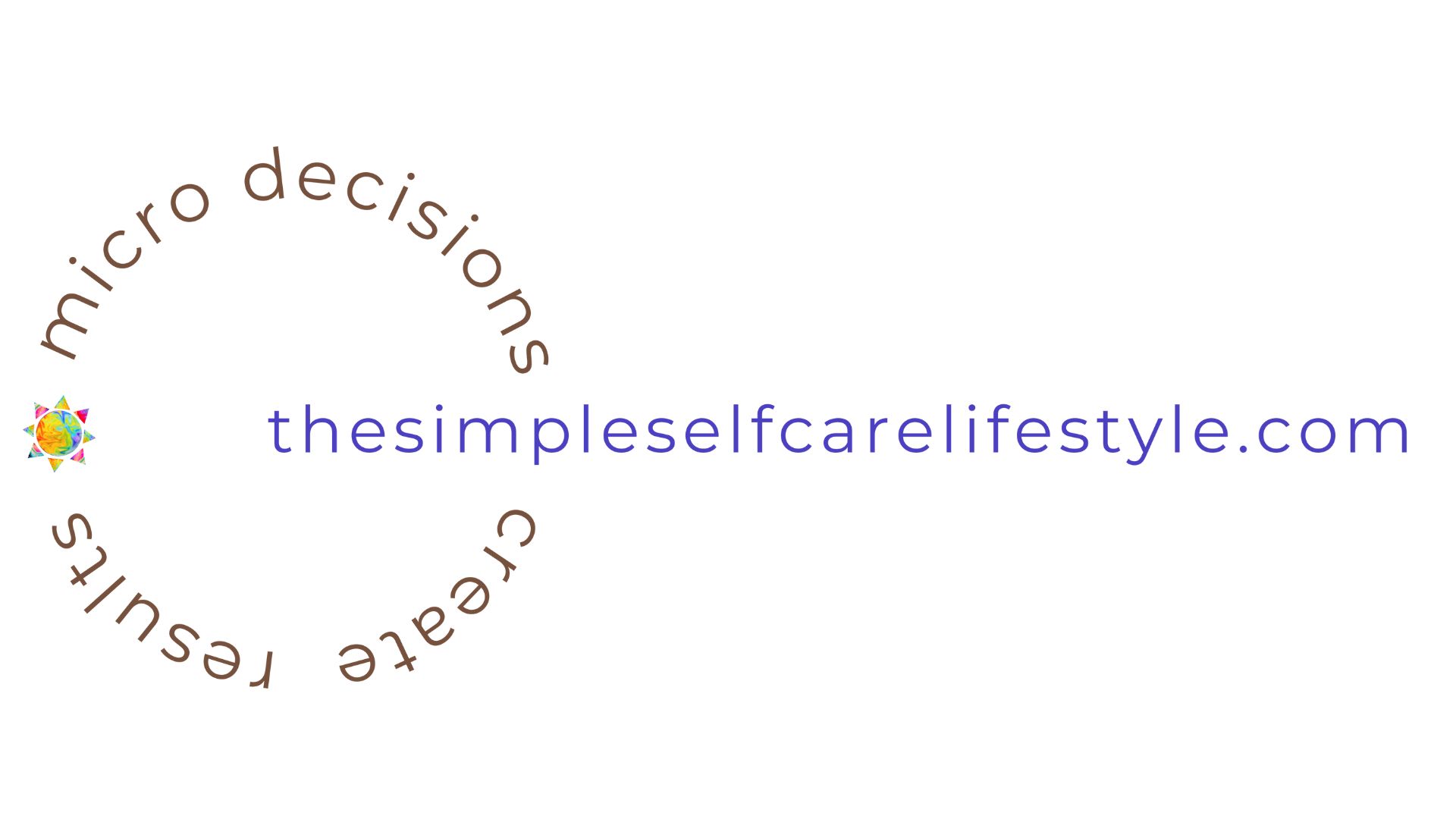
The Simple Self Care Tip:
Include complete protein in each meal to more efficiently, effectively & successfully achieve your health, wellness, and fitness goal(s).

I’ve placed References and ADDITIONAL quotes from references for you furhter down.
The Simple Self Care Lifestyle
THe simple self care lifestyle
Simplify
self care
Post categories

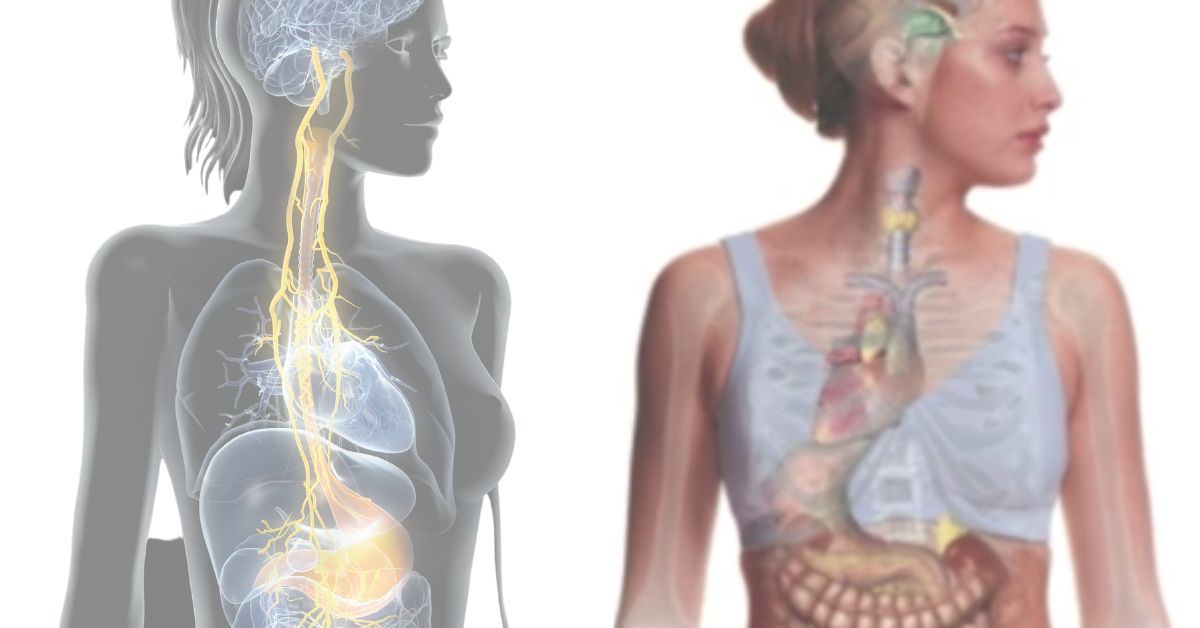
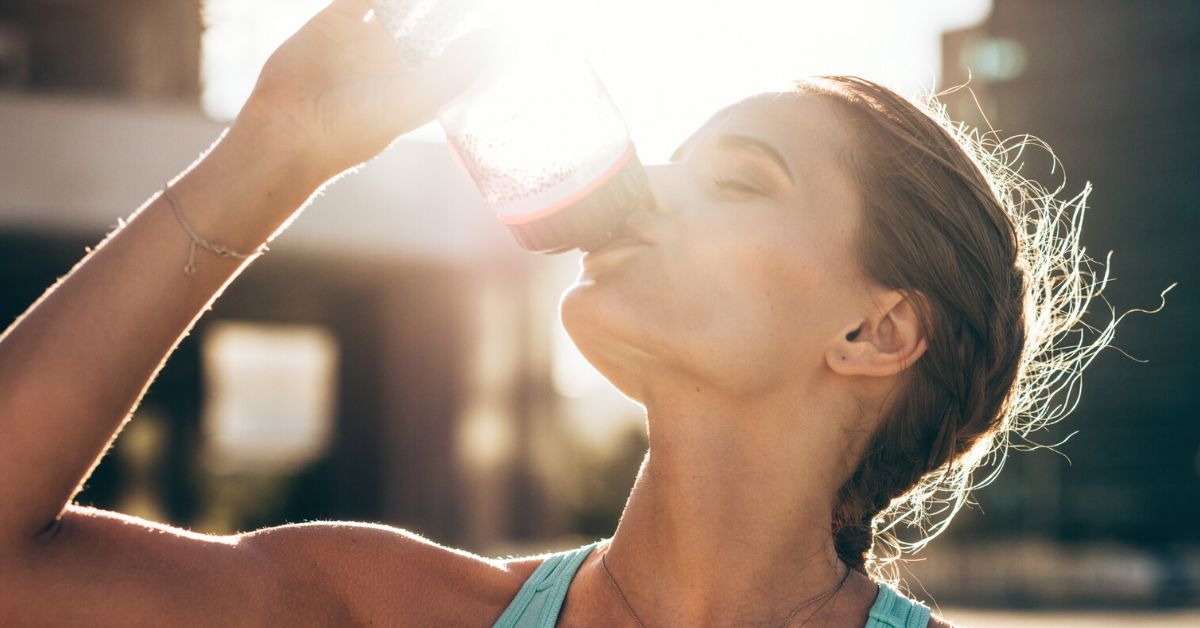
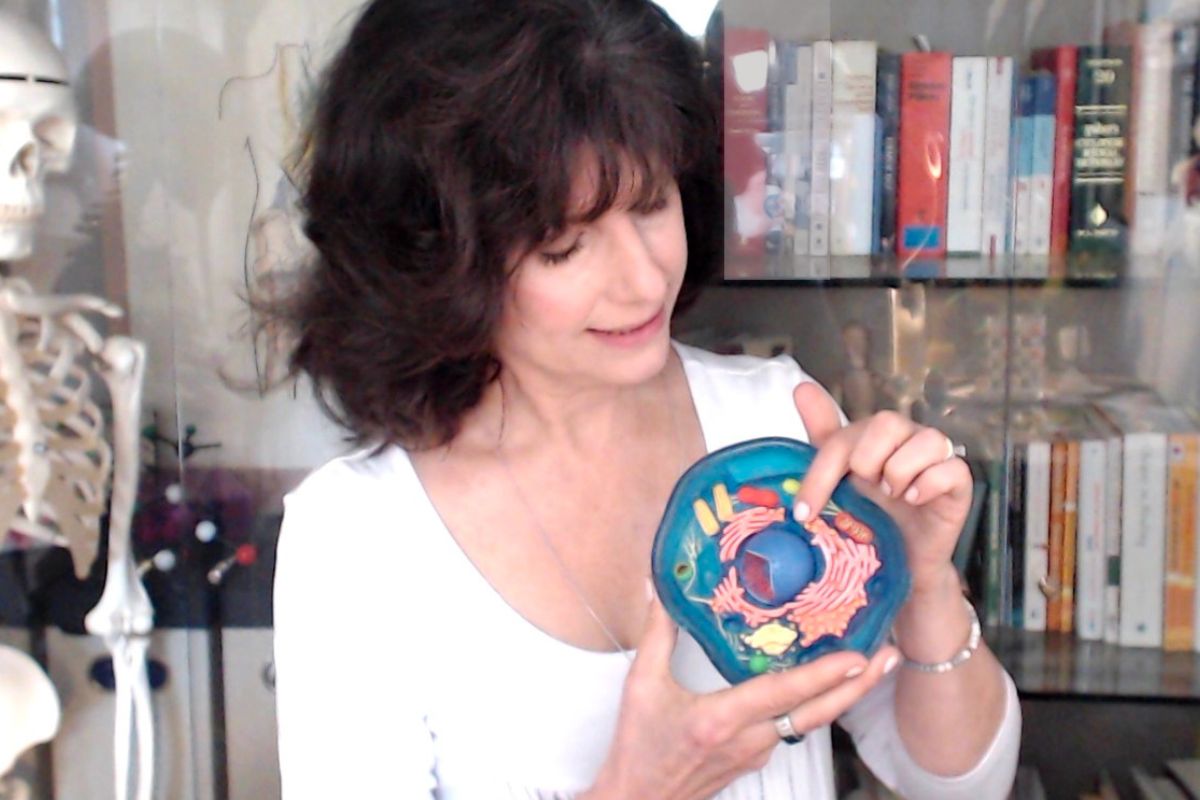

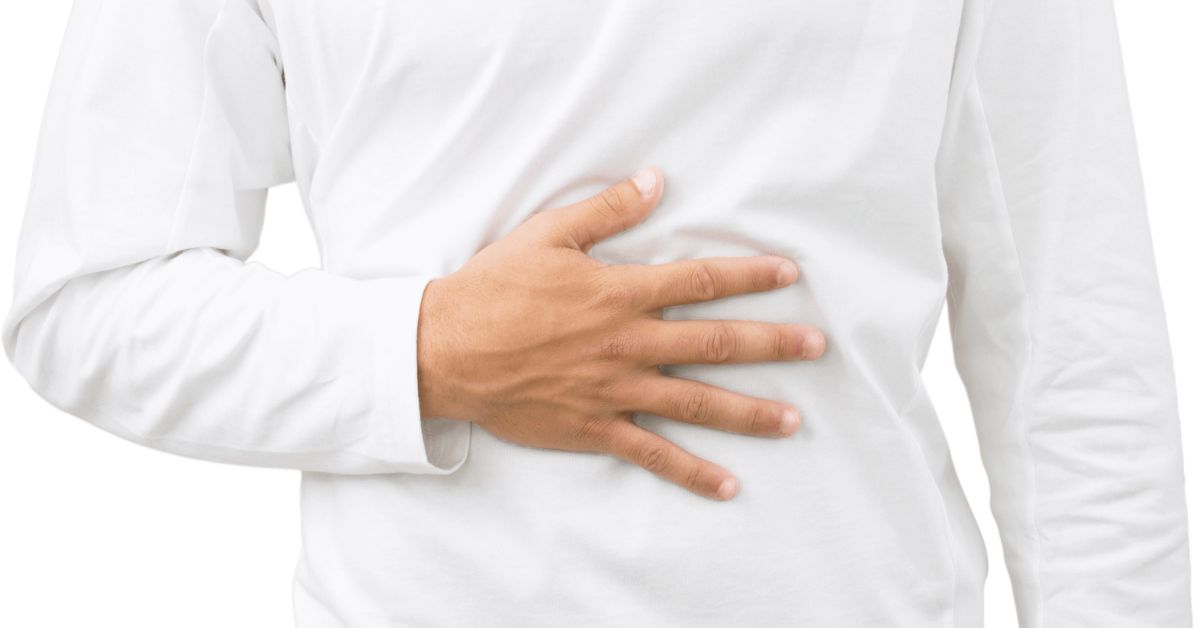
SHOP Products
Personal Products
Healthy Home
Quality Supplements
Things to Keep Handy
Quality Food Sources
Simple Self Care Programs

I’m glad you are here…
References & MORE Quotes for you.
Quote
“Substantial evidence supports the increased consumption of high-quality protein to achieve optimal health outcomes. A growing body of research indicates that protein intakes well above the current Recommended Dietary Allowance help to promote healthy aging, appetite regulation, weight management, and goals aligned with athletic performance. Higher protein intakes may help prevent age-related sarcopenia, the loss of muscle mass, and strength that predisposes older adults to frailty, disability, and loss of autonomy. Higher protein diets also improve satiety and lead to greater reductions in body weight and fat mass compared with standard protein diets, and may therefore serve as a successful strategy to help prevent and/or treat obesity.”
Quote
“Protein quality, per meal dose, and timing of ingestion are also important considerations. Despite persistent beliefs to the contrary, we can find no evidence-based link between higher protein diets and renal disease or adverse bone health.”
Quote
“Strength is a vital component of healthy aging. However, ‘strength’ comes in different forms (includes both physical and mental aspects) and can look different at various phases of adult life. Healthy eating and regular exercise are clearly important pillars for strength. This paper proposes a framework that underlines the value of protein foods and resistance exercise for aging strong.”
Quote
“Few people are aware of the connection between nutrition and depression while they easily understand the connection between nutritional deficiencies and physical illness. Depression is more typically thought of as strictly biochemical-based or emotionally-rooted. On the contrary, nutrition can play a key role in the onset as well as severity and duration of depression. Nutritional neuroscience is an emerging discipline shedding light on the fact that nutritional factors are intertwined with human cognition, behavior, and emotions.”
Quote
“The neurotransmitter dopamine is made from the amino acid tyrosine and the neurotransmitter serotonin is made from the tryptophan. If there is a lack of any of these two amino acids, there will not be enough synthesis of the respective neurotransmitters, which is associated with low mood and aggression in the patients. “
Quote
“This research adds sleep quality to the growing list of positive outcomes of higher-protein intake while losing weight, and those other outcomes include promoting body fat loss, retention of lean body mass and improvements in blood pressure,” Campbell said.
Quote
“Most research looks at the effects of sleep on diet and weight control, and our research flipped that question to ask what are the effects of weight loss and diet — specifically the amount of protein – on sleep,” said Wayne Campbell, a professor of nutrition science. “We found that while consuming a lower calorie diet with a higher amount of protein, sleep quality improved”
Quote
“There’s a misunderstanding not only among the public but also somewhat in our profession about the RDA,” says Nancy Rodriguez, a registered dietitian and professor of nutritional science at the University of Connecticut in Storrs. “People, in general, think we all eat too much protein.” This turns out to be wrong…
Quote
“For a relatively active adult, a daily protein intake to meet the RDA would supply as little as 10% of his or her total daily calories. In comparison, the average American consumes around 16% of his or her daily calories in the form of protein, from both plant and animal sources.”
Quote
“The Protein Summit reports in AJCN argue that 16% is anything but excessive. In fact, the reports suggest that Americans may eat too little protein, not too much. The potential benefits of higher daily protein intake, these researchers argue, include preserving muscle strength despite aging and maintaining a lean, fat-burning physique. Some studies described in the summit reports suggest that protein is more effective if you space it out over the day’s meals and snacks, rather than loading up at dinner like many Americans do.”
Quote
“BCAAs have unique characteristics as they are not primarily oxidized in liver and they regulate protein synthesis and degradation in muscle as well as other tissues. In addition, BCAAs compete with aromatic AA to enter into brain. They have diverse metabolic and physiological roles. BCAAs are also important regulators of mTOR signaling that regulates protein and glycogen metabolism in liver and SK muscles. These effects in liver and SK muscles are important in maintaining body composition and glucose balance. They are also important regulators of neurotransmitters in brain.”
Quote
“The remaining amino acids cannot be synthesized in the body and are described as essential meaning that they need to be consumed in our diets. The absence of any of these amino acids will compromise the ability of tissue to grow, be repaired or be maintained.”
Quote
“Essential amino acids are primarily responsible for the amino acid-induced stimulation of muscle protein anabolism in the elderly.”
Quote
“..protein restrictions were once implemented with the intent of preventing encephalopathy, this is not currently recommended. There are no clinical differences in the severity of hepatic encephalopathy between patients receiving a low versus normal protein diet during hospital admission for acute hepatic encephalopathy exacerbation. Further, patients prescribed a protein restriction have an increase in the breakdown of skeletal muscle.”
Quote
“It should be noted that patients should not be discouraged from consuming animal-based proteins, because it can be difficult to meet total protein needs without consumption of those foods.”
Quote
Quote
“All proteins have a biological blueprint that must be followed to the letter or they will not be able to do their jobs…”
Quote
“…proteins can serve as input–output devices that transmit information, as assembly factors, as motors, or as membrane-bound pumps. Highly efficient protein machines are formed by incorporating many different protein molecules into larger assemblies in which the allosteric movements of the individual components are coordinated. Such machines are now known to perform many of the most important reactions in cells.”
Quote
“Muscle plays a central role in whole-body protein metabolism by serving as the principal reservoir for amino acids to maintain protein synthesis in vital tissues and organs in the absence of amino acid absorption from the gut and by providing hepatic gluconeogenic precursors. Furthermore, altered muscle metabolism plays a key role in the genesis, and therefore the prevention, of many common pathologic conditions and chronic diseases”
Quote
“To prevent the deleterious upward swing of cortisol, one usually does better to balance all sugars and grains including whole grains with animal protein”








